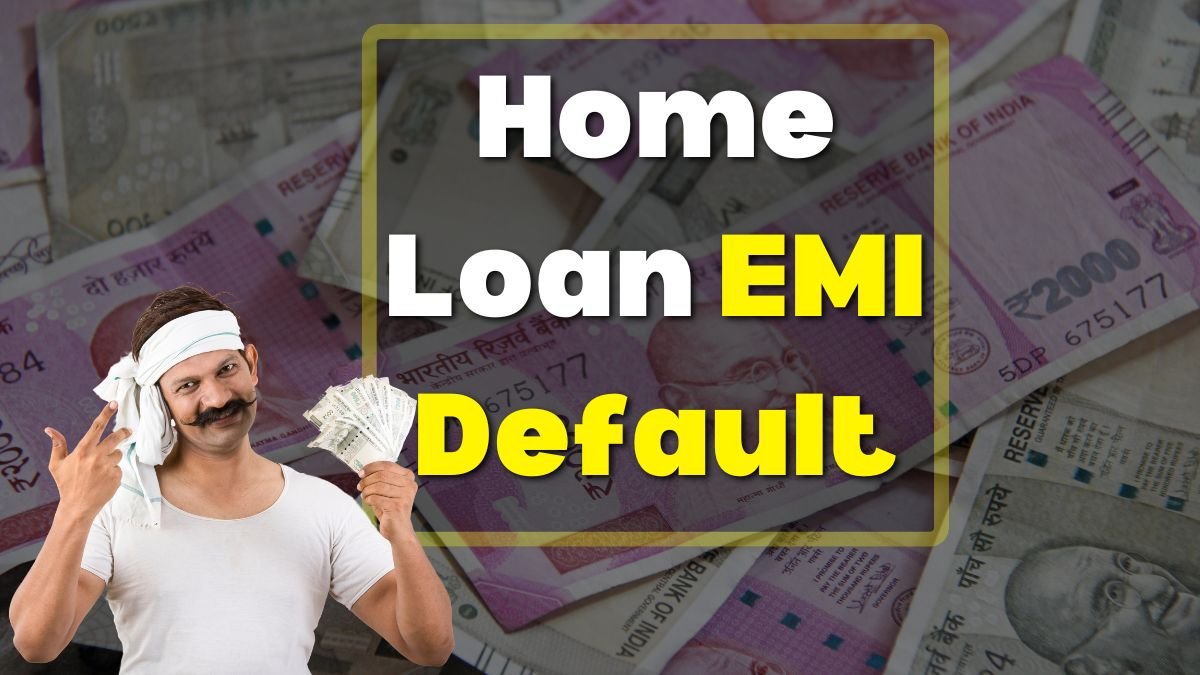The ultimate goal for every homeowner, after all, is to call a place one’s own. For many, it is through home loans that this dream materializes. However, these repayments become rather tricky when one hits a financial snag. One or two dropped payments are often not alarming, but missing three surely has dire consequences.
If you are currently availing of a home loan or planning to apply for one, it would be wise to have in mind the consequences of defaulting on your EMIs. Here is what happens to you when you default on your payments with multiple EMIs and how it affects your financial stability.
What Happens After the First Missed EMI?
You’ve missed your first home loan EMI, and the bank sends out SMS and email reminders regarding it. Such reminders come with a link for payment; just be cautious to verify the authenticity of it to you.
Also, the bank charges a penalty for late payment. The late payment penalty is usually 1-2% of the overdue amount. Thus, the loan account resumes normality after paying there. Regular defaulters may be subject to severe consequences.
Second Missed EMI: A Matter of Graver Consequences
This is the situation that arises when you miss your second EMI. The bank tightens its follow-ups over you. Calls or notices may pester you and create a fuss over immediate payment, and you might just win some more fines levied upon you.
This period is usually where direct lenders give their clients some form of grace period depending on the situation. However, they subsequently warn that another failure of this third EMI results in legal actions.
Third Missed EMI: A Bit Serious Now
Three consecutive missed EMIs cross a critical boundary. After 90 days without payment, your bank officially converts your loan into a Non-Performing Asset (NPA), under which path the lender starts with recovery measures as follows:
- Property Auction: The bank can take possession and auction your house for non-repayment of the loan.
- Legal Notice: Before auctioning the property, banks are to issue a valid legal notice for giving you one last chance to clear dues.
- Damage to Credit Score: This can severely dent your CIBIL score and make it hard to get loans in the future.
Expert Insight: How Banks Handle Defaults
According to financial experts, banks first pen the penalties before they become worse than NPA classification. These lenders, into property recovery, would also prove ruinous then.
Effects of Late EMI Payments in the Long Term
Decrease in Credit Score, For any one default, the score can go down with the CIBIL effect, which also brings in future credit prohibitions.
The loans taken in the future would have an impact on the interest rate due to the perception that there is more risk involved.
- Legal Issues: Very persistent defaults can lead to court action, where your assets would soon be taken.
- Stress & Financial Suffering – Default creates financial pressure and mental effects that disturb the long-term norm.
EMIs – Avoiding Defaults
- Plan Finances Wisely: Ensure that your EMI is within the sufficient bounds of your monthly expenditure at this point.
- Emergency Fund – Have savings of at least 3-6 months of EMIs in reserve in the time of an emergency.
- Loan Restructuring It has become difficult for him to fund the loan because of the current circumstances, so he should engage in negotiation with the bank for the extended tenure or reduced EMI.
- Automatic Payments – Establish it as an auto-debit to prevent missed deadlines.


